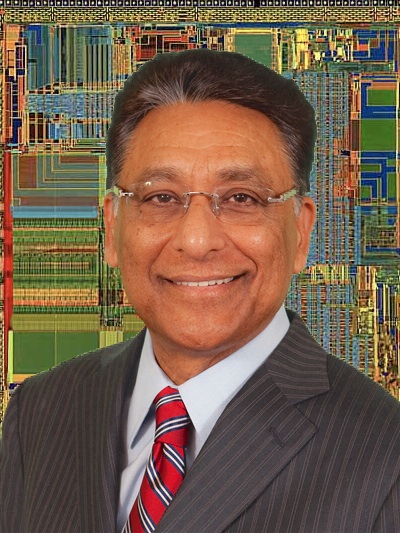Vinod Khosla Predicts AI Will Automate 80% of Jobs by 2030

In a recent interview on the podcast "Uncapped with Jack Altman," Silicon Valley investor Vinod Khosla made a striking prediction that artificial intelligence (AI) will be capable of performing 80% of economically valuable jobs by the year 2030. Khosla, a prominent venture capitalist known for his early investments in companies like Square and Instacart, shared insights on the future of work and the potential consequences of rapid technological advancements.
Khosla characterized the current technological landscape as one of unprecedented disruption, likening it to the tumultuous changes of the 1960s. He stated, "We’re going to see this large change in such a short time; it’s almost hard to imagine how society adjusts." This sentiment is echoed by Dr. Sarah Johnson, Professor of Economics at Harvard University, who notes that the integration of AI into various sectors could lead to significant shifts in employment patterns, as detailed in her 2023 study published in the Journal of Economic Research.
According to Khosla, the implications of AI on the job market will be profound. "Within the next five years, any economically valuable job humans can do, AI will be able to do 80% of it," he remarked. He anticipates that by 2040, the necessity of work as we know it may diminish, with individuals pursuing work not out of financial need but personal fulfillment.
The investor foresees a dramatic acceleration in the decline of large corporations, particularly those within the Fortune 500. Khosla predicts that the 2030s will witness a faster demise of these companies than ever before, stating, "This transition won’t happen from existing companies. Somebody new will reinvent this." This assertion aligns with findings from a 2022 report by the International Monetary Fund, which highlighted that technological disruptions could significantly impact incumbent firms.
Khosla's predictions extend to several sectors, including healthcare, where he envisions a future where medical expertise becomes universally accessible. He posits, "If all medical expertise is free, how would you redesign the healthcare system?" This perspective raises important questions regarding the potential for AI to democratize access to healthcare, albeit with challenges related to regulatory frameworks.
In the realm of robotics, Khosla anticipates that humanoid robots will become commonplace in households, initially serving specific functions such as cooking. He emphasizes that the primary barrier to widespread adoption is not hardware but the intelligence embedded within these technologies.
On the energy front, Khosla expresses optimism about advancements in fusion and geothermal energy, suggesting that these technologies could lead to cheaper energy solutions than natural gas. This view is supported by research from the World Bank, which forecasts a significant shift towards sustainable energy technologies in the coming decades.
Khosla also addresses the societal and geopolitical implications of AI, warning against authoritarian regimes utilizing AI for both oppressive and benevolent purposes. He states, "By 2040, the biggest risk we might face is China using AI to embed their political philosophy globally." This concern is echoed by experts at the Center for Strategic and International Studies, who emphasize the need for a global framework to manage AI technologies responsibly.
As an entrepreneur, Khosla advocates for founder-driven innovation, arguing that significant advancements typically stem from individuals rather than large entities. He asserts, "Experts are terrible at predicting the future; they extrapolate the past. Entrepreneurs invent the future they want." This perspective underscores the dynamic nature of innovation, which requires a willingness to embrace risk and uncertainty.
In conclusion, Khosla’s predictions serve as a clarion call for business leaders and policymakers to prepare for a future shaped by AI. The potential transformations in employment, corporate structures, and societal norms necessitate proactive strategies to navigate the impending changes. As the 2030s approach, stakeholders across sectors must consider the implications of AI on their operations and the broader economy, ensuring that technological advancements translate into positive outcomes for society at large.
Advertisement
Tags
Advertisement





